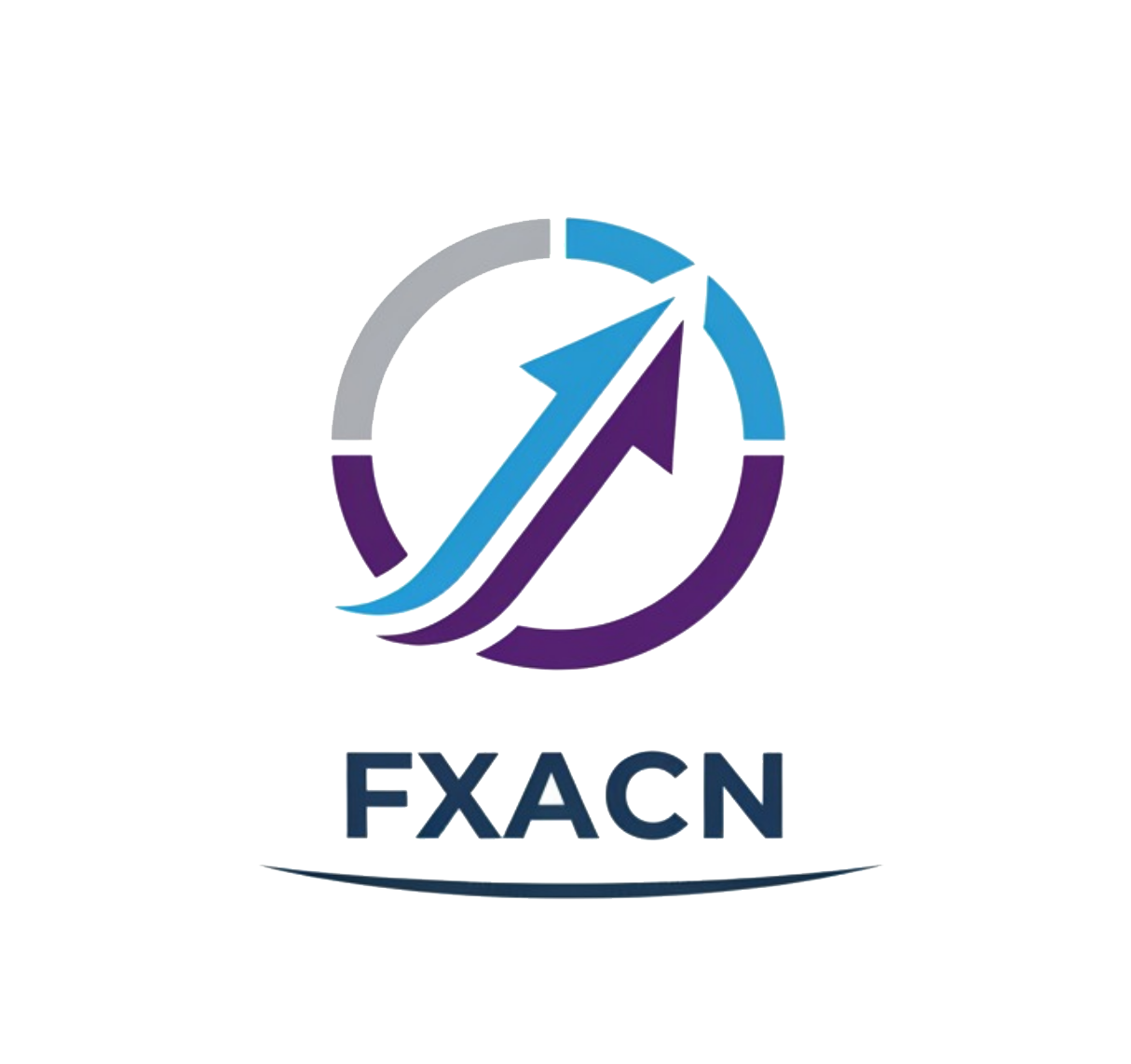Introduction
ETRADE, a prominent online brokerage firm, holds a significant position in the financial markets since its inception in 1982. Initially a pioneer in digital trading for retail investors, it has evolved into a multifaceted platform offering a wide range of investment options, including stocks, ETFs, mutual funds, and options. Given ETRADE’s established reputation and the recent acquisition by Morgan Stanley in 2020, many traders are interested in knowing whether E*TRADE is indeed a safe partner for their investments or if there are hidden risks associated with the platform.
In today’s digital trading environment, it is essential for traders to evaluate the safety and legitimacy of brokerage firms rigorously. This article aims to assess E*TRADE’s credibility through a comprehensive investigation that includes evaluating its regulatory standing, financial security measures, customer feedback, and overall user experience. The findings will be based on information from multiple trusted financial sources, focusing on qualitative analyses and quantitative data to provide a balanced view of the broker.
Regulation and Legitimacy
ETRADE operates under the watchful eye of several regulatory bodies, which is crucial for ensuring the safety of investor funds. The primary regulators overseeing ETRADE include the Securities and Exchange Commission (SEC) and the Financial Industry Regulatory Authority (FINRA). Their regulatory frameworks ensure that firms adhere to strict guidelines concerning transparency, ethical conduct, and financial responsibilities.
| Regulatory Authority | License Number | Regulating Region | Verification Status |
|---|---|---|---|
| SEC | N/A | USA | Verified |
| FINRA | 29106 | USA | Verified |
| SIPC | N/A | USA | Verified |
The SEC and FINRA are considered top-tier regulatory bodies that enforce rigorous compliance standards designed to protect investors. Additionally, E*TRADE is a member of the Securities Investor Protection Corporation (SIPC), which provides an added layer of security by protecting investor funds up to $500,000 (including a cash limit of $250,000). This coverage is essential for traders seeking reassurance about their investments.
Despite its robust regulatory oversight, some concerns exist regarding ETRADE’s regulatory history, particularly about certain complaints filed with FINRA. While they have encountered minor infractions, overall, ETRADE’s compliance history indicates a commitment to operating within legal guidelines. This emphasis on regulation highlights that E*TRADE is improbably a scam and is seen as a legitimate broker by the financial community.
Company Background Investigation
E*TRADE has a rich history that spans over three decades, making it one of the oldest online brokerage firms in the United States. Founded in 1982, the company was a pioneer in enabling individual retail investors to transact online, which was revolutionary at the time. Its growth trajectory has involved several strategic acquisitions, including the notable acquisition of OptionsHouse in 2016, which enhanced its trading capabilities.
Owned by Morgan Stanley since October 2020, ETRADE’s operational structure benefits from its parent company’s extensive financial resources and stability. Morgan Stanley’s backing strengthens ETRADE’s legitimacy and provides individuals with confidence in its financial soundness. The leadership team comprises professionals with significant experience in the financial sector, where both the President, Michael Pizzi, and the management have backgrounds that inspire trust.
In terms of transparency, ETRADE has protocols in place for disclosing financial information and maintaining open communication channels with its clients. Annual reports and regular updates about their operations and financial health are publicly accessible, enabling investors to stay informed. This emphasis on maintaining transparency fosters a sense of reliability, further mitigating concerns about ETRADE’s safety.
Trading Conditions Analysis
When evaluating whether ETRADE is safe for trading, a significant aspect to consider is its fee structure. ETRADE has gained recognition for offering $0 commissions for online trades in U.S. stocks, ETFs, and linked options trading, which aligns it with industry standards. However, there are costs associated with specific trade executions that may impact overall trading profitability.
| Cost Type | E*TRADE | Industry Average |
|---|---|---|
| Major Currency Pair Spread | Variable (around 0.1-0.2 pips) | 0.2-0.5 pips |
| Commission Model | $0 for stocks/ETFs; $0.65 per option contract | $0-$0.65 for stocks; $0.50 for options |
| Overnight Interest Range | 5.45% – 8.95% | 4% – 7% |
Despite no base commission for stocks or ETFs, certain policies related to inactivity or broker-assisted transactions ($25) could be seen as drawbacks for less active traders. For instance, the fees associated with options ($0.65) remain competitive compared to many rivals. However, E*TRADE’s tiered pricing for frequent traders can provide benefits, thus promoting more active trading.
This structured fee model, while largely transparent, also highlights a critical dimension of evaluating whether ETRADE is a good fit. While it offers competitive pricing, some traders may feel the effects of these expenses over the long term, especially those participating in lower-volume trading scenarios. The clarity in fees indicates ETRADE’s commitment to ensuring traders know what they will encounter.
Client Fund Security
For many traders, the most pressing concern when selecting a broker is the safety of their funds. ETRADE implements several measures designed to protect client investments. First, client funds are kept separate from ETRADE’s own operational funds, in compliance with SEC regulations, ensuring that they are safeguarded.
Additionally, ETRADE provides SIPC protection, which currently offers coverage for up to $500,000 per customer, including a cash limit of $250,000. This coverage protects against the loss of cash and securities in the event of firm insolvency. In an effort to further enhance security, ETRADE also offers additional insurance that extends protection up to $1 billion for securities and $1.9 million for uninvested cash across all accounts.
While ETRADE has maintained a solid reputation without any recorded significant events of financial misconduct or capital loss, caution should always prevail. The absence of negative balance protection can still pose a risk, particularly for novice traders engaging in leveraged trading. ETRADE’s commitment to operational security measures, however, suggests that the platform maintains an unwavering focus on safeguarding client investments.
Customer Experience and Complaints
Analyzing user experiences, E*TRADE generally garners high marks for its customer service and platform usability. Nevertheless, the company has not been free from complaints, with common issues revolving around response times and visibility. Customer feedback showcases a mixture of satisfaction and frustration.
Here are some of the primary types of complaints associated with E*TRADE and an assessment of their severity:
| Complaint Type | Severity | Company Response |
|---|---|---|
| Account lockouts | Moderate | Delayed response |
| Transfer delays | High | Inconsistent handling |
| Difficulty in navigation | Low | Acknowledged, no immediate fixes |
For instance, while numerous users commend the platform’s intuitive design and supporting educational resources, several have expressed frustration with instances of account lockouts. Additionally, there have been reports regarding problems with account transfers, leading to some urgency in addressing internal operational issues.
The consistent communication of these problems indicates that E*TRADE is aware of areas for improvement while striving to bolster its customer support framework. A responsive customer service team can be influential in helping users navigate their way through any perceived shortcomings in user experience.
Platform and Trade Execution
A critical factor in determining if ETRADE is a safe choice revolves around the efficacy of its trading platform. ETRADE operates two distinguished platforms: ETRADE Web and Power ETRADE, which cater to different types of traders. The overall performance ratings tend to be high for both platforms, with users appreciating their user-friendly interfaces and robust features.
However, while the platforms are generally stable, users have reported occasional slippage during high-volume periods. The assessment of order executors typically reports satisfaction levels, presenting a picture of efficiency in transaction handling. Nevertheless, skepticism arises if any evidence suggests behavior that might indicate platform manipulation or non-standard trade execution practices.
Risk Assessment
Engaging with E*TRADE naturally comes with specific risks, albeit mitigated by the company’s regulatory oversight and transparent practices. In analyzing the risks, the following scoring card summarizes key areas of concern:
| Risk Category | Risk Level | Brief Explanation |
|---|---|---|
| Regulatory Compliance | Low | Adheres to stringent regulations |
| Financial Security | Low | Offers robust protection measures |
| Platform Stability | Medium | Primarily stable, but some reported slippage |
| Customer Service | Medium | Mixed user responses regarding responsiveness |
Traders should weigh these factors thoroughly, ensuring they are comfortable navigating E*TRADE’s environment. Recommendations for risk mitigation include conducting regular account reconciliations, utilizing their robust account management tools, and taking advantage of their educational resources.
Conclusion and Recommendations
In conclusion, after evaluating the evidence, it becomes evident that E*TRADE is more than just a reliable platform; it is regarded as a legitimate broker within the financial industry. While there are areas for improvement and specific complaints from users regarding certain operations, the overall framework and regulatory oversight offer significant reassurance to traders.
ETRADE demonstrates no overt signs of being a scam; rather, it embodies characteristics typical of a well-managed online brokerage. For beginner investors looking for a supportive educational experience and resources, ETRADE presents an admirable choice. However, active traders need to consider the fee structures carefully and ensure their trading behaviors align with E*TRADE’s offerings.
For those who prioritize less traditional platforms or seek cryptocurrency trading, looking into alternatives like TD Ameritrade, Charles Schwab, or Fidelity may be advantageous. Meanwhile, ETRADE remains a robust choice for retail investors seeking a reputable and safe trading experience in broader asset classes, confirming that ETRADE is indeed safe**.


